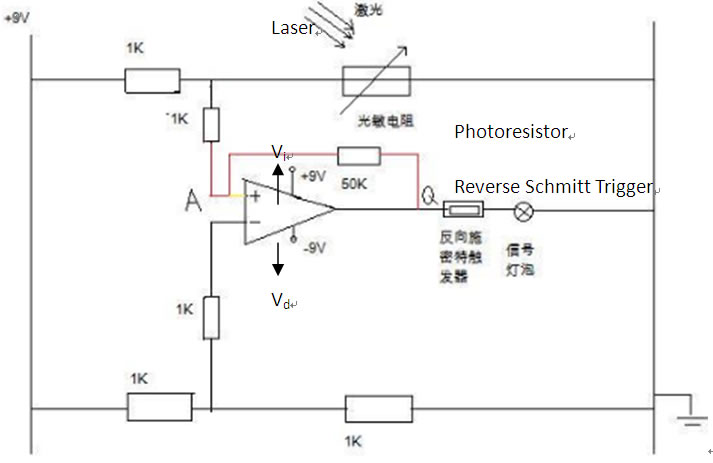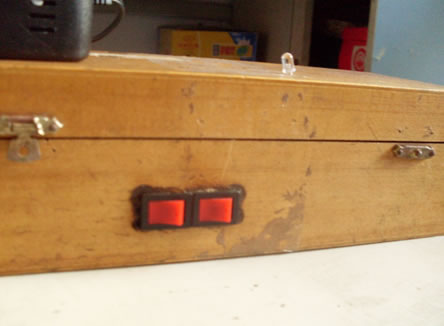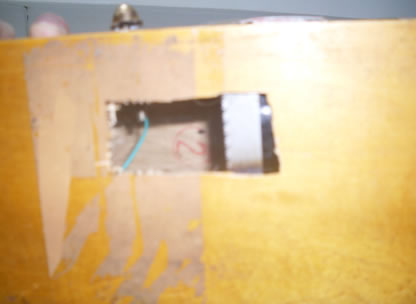
Experimental Research for Undergraduates
Content:
Circuit and its working process
Experimental Research for Undergraduates is an obligatory course for undergraduates of physics specialty in our school. Everyone is required to form a group of 4, and figure out their own research topic. After their topic is proposed, the 4 have to work together to achieve their initial research plan. Whatever the outcome, all the students will experience real scientific research for the first time, and what they harvest, including the division of work and sense of cooperation, is far beyond an experiment result.
I formed a group with Liu Xinping, Xu Jinjiang and Hu Chennan. We have distractions on the topic initially. Later I came up with the idea of light pressure. They all agreed. With several discussions, we finally decide to devise a practical fire alarm device, and its principle is just the light sensor. The experiment is done within the Lab of Laser in the Educational Experimental Center, under the guidance of Lab Teacher Zhang Quan.
Before the experiment
Requirement
We require our fire alarm device to be –
Trigger Signal
There are many cases that will cause a fire, especially a rise in temperature. However, a rise in temperature does not necessarily mean fire, and the device won’t be sensitive enough if it only judges by the change of temperature. Smoke is also an indicator. Based on the advice of Tutor Zhang and the consideration of an easier model, we decide to use smoke only to judge the incident of fire. Actually, an accurate alarm should be a reasonable compromise between temperature as well as humidity, that requires a NOT-AND gate. But due to time limits, we simply use smoke.
Consideration on design
1.Laser Generator
At first we want to make it more convenient, we think of using a toy laser, which is small enough, and it doesn’t need extra power because some batteries are enough to supply. However, the toy laser though cheap enough, is not persistent enough and breaks down within a day. We could not mange to find other substitutions. Therefore we take a larger laser generator in the lab – a semi-conductor laser generator instead, while at the same time access to outside power is needed, reducing its convenience.
 |
Laser Pen |
|---|
2.Amplifier: OP07

As is shown above, based on the concept of imaginary short, the voltage of A and B are the same. Based on the concept of imaginary break, we can take the circuit of R1-A-R2 is in series, so the voltage of Q can be amplified to a scale of R2/R1 times the voltage of P, or ![]()
3.LED
We tested that the threshold voltage of our LED is 3V. The high level output of our Schmitt Trigger would satisfy its working condition.
4.Inverse-direction Schmitt Trigger
We input a downside signal, the trigger will generator a high voltage level.
5.Photoresistor
The resistance becomes smaller as the light shine on it reduces. It is a nonlinear unit.
Circuit and its working process

When laser directly shine on the photoresistor, we measured the value of its resistance, less than 1k. Therefore, Vi-Vd<0, output VQ <0. Later if some smoke blocks or blurs the laser, the loss of laser intensity would lead to an increase in the resistance of photoresistor, thus Vi increases to a level that Vi-Vd>0, therefore a downturn occurs for the output. That triggers the Schmitt trigger and sends out a high level, activating the LED.
 |
The downturn signal |
|---|
 |
 |
|---|---|
| Two buttons, Power and Open/Close | Offset adjust button in the sidebar |
 |
 |
| Upperside | Downside, the hole where smoke can go into |
It functions well.
Our Group
